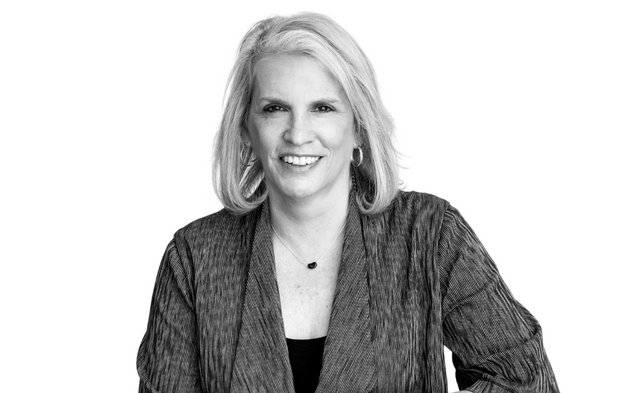Investors should avoid simple one-number metrics when assessing whether companies have good labour practices for their workers, according to labour lawyer and former Biden and Obama Administration official Sharon Block.
Rather, they should look to a range of metrics to gain a broader insight into worker conditions, and the level of respect a company has towards workers’ rights to organise and collectively bargain, she said.
Speaking at Conexus Financial’s Sustainability in Practice forum held at Harvard University in a session looking at inequality in the labour market and the case for reform, Block said investors and pension plan trustees play an important role in creating pressure for employers to provide good jobs that respect the rights of workers to engage in collective bargaining.
Investors can help prevent a “race to the bottom” that defines success as “minimising labour costs above everything else as a means of competing,” she said, particularly when governments are failing to adequately regulate this.
Block is a labour lawyer who has previously served under both the Biden and Obama Administrations, most recently as the Associate Administrator delegated the duties of the Administrator of the Office of Information and Regulatory Affairs. She is currently professor of practice and executive director of the Labor and Worklife Program at the Harvard Law School.
Investors are able to step back and apply a “longer-term, risk management lens” and can help impart this ethos to employers and drive changes in behaviour, she said, in conversation with David Wood, director of the Initiative for Responsible Investment at the Harvard Kennedy School.
“I think it’s hard for an individual employer to see how that fits into the risk to the economy overall of this growing income inequality and the destabilising effect that can have when it’s happening in so many sectors,” Block said.
A post-pandemic resurgence in workers organising for better conditions, together with a labour market which gives workers more leverage, has seen workers choose to stay and push for better workplaces rather than walk away, she said.
Organisations that present to the public as “a good guy company” are now being held to account to match that corporate persona with their labour practices, she said, pointing to recent examples of workers organising in companies such as Starbucks, REI and Apple.
Wood asked what kinds of metrics concerned investors should look for when trying to identify good and bad labour practices.
This remains a hard question, Block said, but it is important for investors to look beyond a single number to gauge a company’s practices overall.
“In the UK there’s the London Living Wage which is one number, it’s great, it’s actually brought wages up in a lot of employers in London, but I’m a little sceptical that it can be that easy to just pick one number,” Block said.
Things like employee turnover and worker mobility within the firm are also important, she said, in showing whether workers are given opportunities to move up within the company, or are rather “worked to the limits of their endurance and then leave.”
So is equity and diversity, showing whether people of different demographic groups are given higher level opportunities in the firm, and whether there is a pay disparity.
“If they’re doing good pay equity analysis using reputable experts to help them do it, that’s going to tell you a lot about how much they care,” Block said.
In addition to things like sick leave and paid parental leave, scheduling is another significant area, she said, pointing to situations where workers are on-call for hours on end which prevents them being able to organise their lives outside of work.
“You hear politicians talking all the time about the sanctity of the family and how pro-family they are, and yet they don’t support policies that let workers participate in their family because they can’t stay home with a sick kid,” Block said.
One of the hardest things to measure is how respectful companies are of workers’ rights to organise, Block said, admitting she does not know a good measure for this. But investors could gain some indication from whether companies have had previous violations of the National Labor Relations Act, or how much they are spending on consultants to fight union organising campaigns.
“They obviously have a right to [hire consultants], but I would want to know how much money they’re spending,” Block said. “There are reports about how much money Starbucks is spending in fighting the union across the company and it’s–by some accounts–a staggering amount and I think that’s reflective of where their values are, if that’s how they want to spend that much money.”



